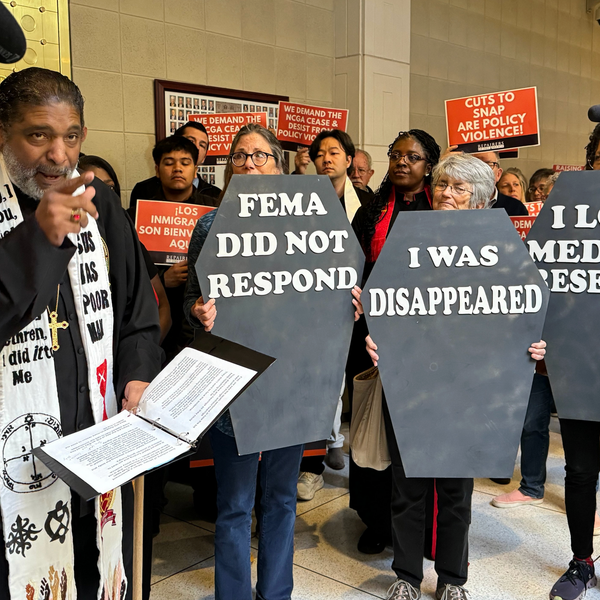McClatchy's Kevin G. Hall (2/2/15) wants to drop some (conventional) wisdom on you:
Few things defy gravity more than federal spending. In the nation's capital, what goes up does not come down. It goes up more.
Well, yes and no. The US population grows every year, and its economy grows on top of that most years. So it would be surprising if the real expenditures of the US government didn't generally get bigger and not smaller over time.
Hall tries to make that natural increase sound paradoxical, even sinister:
When President Barack Obama was elected, there was a temporary $535 billion increase in spending during the Great Recession. Yet as the recession faded and that spending ended, total spending eased just a fraction and just temporarily, never returning anywhere near the pre-recession total of $2.9 trillion.
"Yet"-as though one would normally expect the government of a country with 301 million people and a $14.5 trillion economy, as the US had in 2007, to spend the same amount as a country with 320 million people and an $18.1 trillion economy, as the US is projected to have in 2015.
As a percentage of the US economy, which is a more reasonable standard, the size of the federal government does, contrary to Hall's lead, go up and down: Federal spending was 22.3 percent of GDP in 1982, and 17.4 percent in 2000. At the height of World War II, which was the last time the United States faced a serious military threat (sorry, Cold War and "War on Terror"), federal spending topped out at 40.7 percent of GDP.
It's true that the proportion of the US economy devoted to federal spending increased markedly as Washington took on responsibility for insuring retirement (Social Security) and healthcare for the elderly (Medicare). These programs are very popular because they are very successful at doing what they are intended to do, which is reducing the chances that our grandparents, our parents and finally ourselves will end our lives in poverty, sickness and misery.
Some would see this as a good thing.
But not Kevin Hall. "About half our spending these days is going to Social Security and various health programs, and most of those are extraordinarily popular politically," he quotes austerity advocate Rudolph Penner, then comments from his own perspective:
Therein rests the problem with federal spending. It's hard to cut programs that have a constituency with a vested interest.
By "a constituency with a vested interest," he means the people whom Social Security and Medicare are designed to help, i.e. "the tens of millions of Americans who receive checks from the government":
Want to reduce benefits or make significant changes to Medicare, the health program for those 65 and over? In 2014, there were 53.8 million Americans enrolled in Medicare.... Want to change the way cost-of-living adjustments are calculated for Social Security recipients to slow rising costs? There were 62 million of them as of December.
But do people who aren't yet on Medicare really want their parents and grandparents to receive less healthcare? Are they hoping to get less healthcare themselves when they retire? On Social Security, do they want their elders' retirement checks to be able to buy less every year, which is the effect of "chang[ing] the way cost-of-living adjustments are calculated" (FAIR Blog, 12/9/12)? Is that the kind of retirement that the young and middle-aged are looking forward to?
It's not that the United States can't afford to keep supporting its elderly in the not-particularly-generous manner that it does today; the big debt projection numbers Hall throws at us turn out to be not so big when you look at them as a percentage of the projected economy. He wants us to be alarmed that Obama's budget plan would move the federal government's share of the economy from 20.9 percent today to 22.2 percent in 2024-"higher than post-World War II averages," he points out, but a trivial redistribution of what is expected to be a much larger economic pie.
But redistributing that pie would mean taking back a small fraction of the enormous gains that the wealthy have made over the past 40 years. And if there's one thing that journalists whose job it is to explain the economy to the rest of us are paid to understand, it's that the rich getting richer is meant to be a one-way street.
You can contact Kevin G. Hall, McClatchy Newspapers' chief economics correspondent, at khall@mcclatchydc.com. Please remember that respectful communication is most effective, and feel free to leave copies of your message in the comments below.


